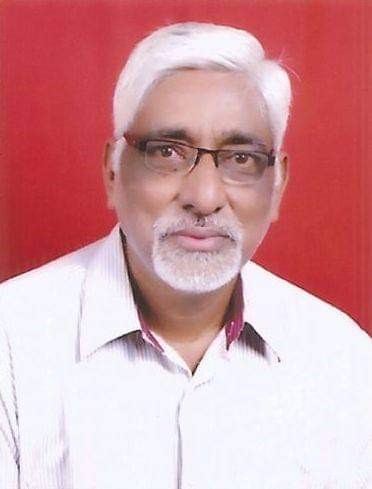5

Prof Pradeep Mathur

New Delhi | Thursday | 5 September 2024
We all seem to agree that by and large our politicians are a dirty lot. They are dishonest and cannot be taken on their face value. Otherwise also they have low moral standards and lack integrity. Our well- to- do city dwellers who are busy in making money 24/7 by all possible means seem to be most concerned about corruption in politics. They can be seen discussing it in their posh drawing rooms and air-conditioned banquet halls. Any way in the past seven years or so corruption has been the most favoured topic of debate in our public life.
However, despite this national preoccupation with corruption nobody precisely knows as to why our politicians are corrupt and what can be done to make our political class honest with better moral and ethical standards. The reason for this is simple. Either we do not know or we do not want to see the ground reality which makes even the most honest and idealistic young entrants in our public life corrupt over a time period. The most unfortunate fact of our public life is that you cannot survive in it unless you are corrupt and crafty. That is a grim reality towards which we conveniently close our eyes. With a holier- than- thou approach we expect others to live up to the highest moral and ethical standards without looking into the objective conditions in which they operate.
In reality, it's difficult for honest people to survive in politics without being corrupt. This is because our democracy requires a lot of money to function, and politicians often rely on wealthy donors or personal fortunes to fund their campaigns.
To reduce corruption, we need to create a transparent financial system that supports political parties and their workers. We must also acknowledge that our democracy is not as poor as we claim, and that our politicians need financial resources to operate effectively. By addressing these issues, we can create a more honest and accountable political system.
I do not hold any brief for our politicians nor do I in the least mean to say that our politicians are blamed for nothing. Having interacted with them for half a century I certainly know much more about them and their failings than those who criticize them without any knowledge and information.
For the 1951-52 presidential election in the U.S. the Republican Party fielded the Second World War hero General Eisenhower as its candidate . After the celebrated General won the election and entered the White House some of his close and wealthy friends wondered as to how the poor General, who had no big money in his bank account, would survive in politics. They collected a few million dollars and put the money in his personal account. Satisfied, they said that now it was all right and Ike, as General Eisenhower was called, will have no problems being in public life.
Democracy is certainly the best form of government but we must also know that it is also the costliest form. Most politicians in the U.S. or in Western European democracies are millionaires and cannot be allured to do unfair favours for the sake of money. A few of those who have no personal fortunes have rich and wealthy relations and friends to back them.
We lack intellectual honesty to admit that our democracy needs money to be healthy and corruption free. Our Prime Minister wears a suit worth Rs. 10 lakhs and flaunts his image of a poor chaiwala. Successful professionals-- lawyers, CAs and others in politics like Kapil Sibal, Chidambaram or late Ram Jethamalini and Arun Jaitley have been frowned upon for the crime of being rich and wealthy. In an interview to me as MP form Allahabad in 1980s Amitabh Bachchan said that success is a dirty word in our country.
It is time we address the basic question of how can an honest person survive in the tough, and highly competitive field of politics which is full of uncertainties .Unless we find an answer to this question we have no business to expect that our public life will be free of corrupt and dishonest people.
Time has come when we openly discuss and evolve a consensus on the financial systems that will take care of payments to party cadres and workers, maintenance of political offices and election time expenditures. Funding to political parties should also be made transparent and their accounts should be properly audited. Only such transparency will stop our politicians from being brokers of the vested interests of business and corporate world. And above all we must give up the philosophy of poverty and the façade of calling ourselves a poor people’s democracy.





















































































































































































































































































































































































































































































































































































































































































































































































































































































































































































































































































































































































































































































































































































































































































































































































